Vol. 89, Iss. 1, Jan 2016
Development of a mobbing short scale in the Gutenberg Health Study
Riassunto
Purpose Despite its highly detrimental potential, most standard questionnaires assessing psychosocial stress at work do not include mobbing as a risk factor. In the German standard version of COPSOQ, mobbing is assessed with a single item. In the Gutenberg Health Study, this version was used together with a newly developed short scale based on the Leymann Inventory of Psychological Terror. The purpose of the present study was to evaluate the psychometric properties of these two measures, to compare them and to test their differential impact on relevant outcome parameters.
Methods This analysis is based on a population-based sample of 1441 employees participating in the Gutenberg Health Study. Exploratory and confirmatory factor analyses and reliability analyses were used to assess the mobbing scale. To determine their predictive validities, multiple linear regression analyses with six outcome parameters and log-binomial regression models for two of the outcome aspects were run.
Results Factor analyses of the five-item scale confirmed a one-factor solution, reliability was α = 0.65. Both the single-item and the five-item scales were associated with all six outcome scales. Effect sizes were similar for both mobbing measures.
Conclusion Mobbing is an important risk factor for health-related outcomes. For the purpose of psychosocial risk assessment in the workplace, both the single-item and the five-item constructs were psychometrically appropriate. Associations with outcomes were about equivalent. However, the single item has the advantage of parsimony, whereas the five-item construct depicts several distinct forms of mobbing.
Articoli correlati che potrebbero interessarti
Journal of Occupational Medicine and Toxicology. Vol. 9, Iss. 4, 5, February 2014



